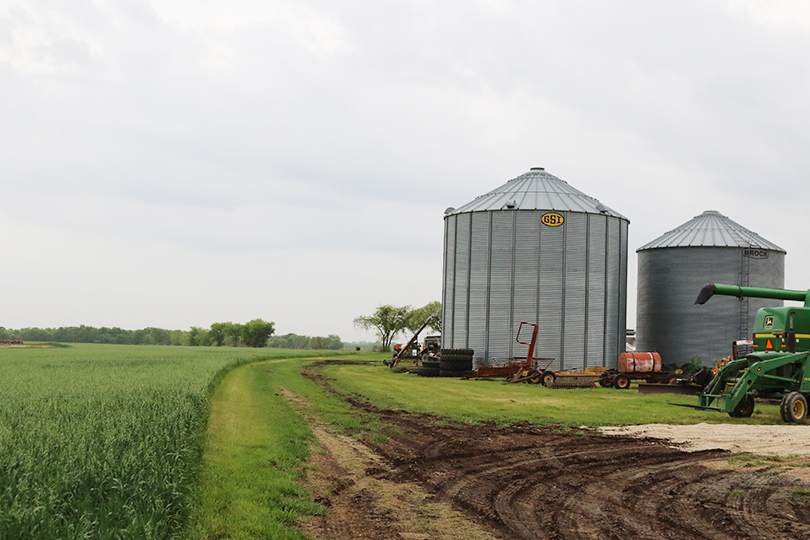After Senate passage earlier that same day, President Donald Trump on Sept. 30 signed the continuing resolution to keep the government funded through Dec. 11. The continuing resolution also provides a much-needed reimbursement to the Commodity Credit Corporation (CCC).
For decades, the CCC—with authorities granted by Congress—has provided funding to stabilize and support farm income and commodity prices through programs related to commodity and income support, conservation, export promotion, international food aid and disaster assistance, among others.
“For years, funding the CCC has been a bipartisan commitment. While we were disappointed it recently became a political flashpoint, we are pleased lawmakers on both sides of the aisle recognize that these funds help to sustain conservation programs and stock America’s pantry. I would be remiss if I did not also thank the Farm Bureau members across the country who let their elected leaders know how important the farm safety net is to the future of U.S. agriculture. We are grateful farmers’ voices were heard,” American Farm Bureau Federation President Zippy Duvall said upon House passage of the continuing resolution on Sept. 22.
Democratic House leaders pushed back on Republican efforts to include the CCC reimbursement in the continuing resolution.
Because CCC funds were used to help farmers and ranchers impacted by retaliatory tariffs and COVID-19 through the Market Facilitation Program and the Coronavirus Food Assistance Program, respectively, some in Congress considered not immediately reimbursing the CCC via the expected continuing resolution to extend government funding.
Had the House not included the CCC funding in its legislation, which was ultimately passed by the Senate and signed by Trump, the U.S. Department of Agriculture may have fallen short on farm program payments.
Since 1987, the CCC has been replenished annually at $30 billion to fund many programs farmers rely on, such as Agriculture Risk Coverage, Price Loss Coverage, Dairy Margin Coverage and the Conservation Reserve Program, i.e., Reviewing the Commodity Credit Corporation’s Borrowing Authority.

